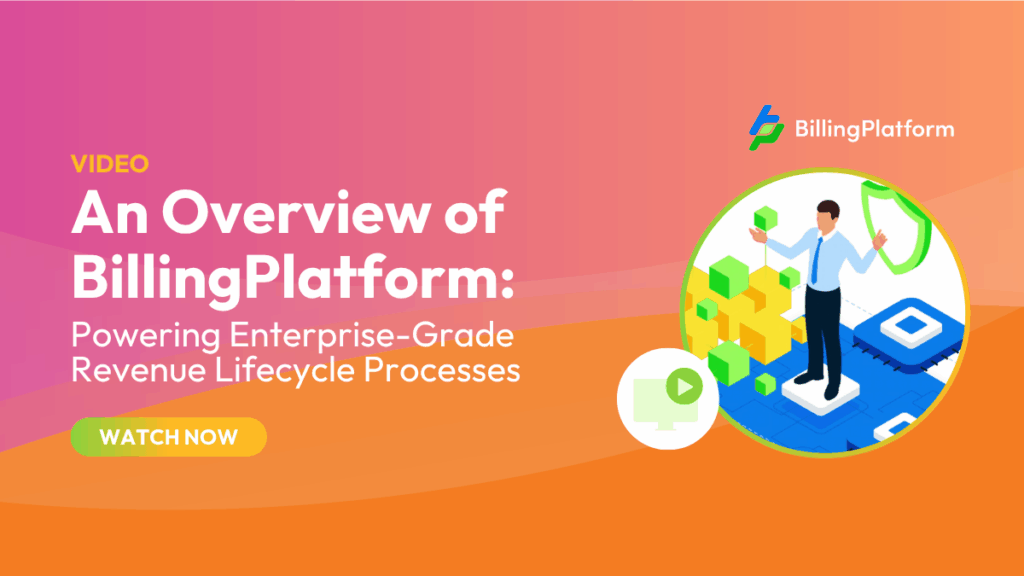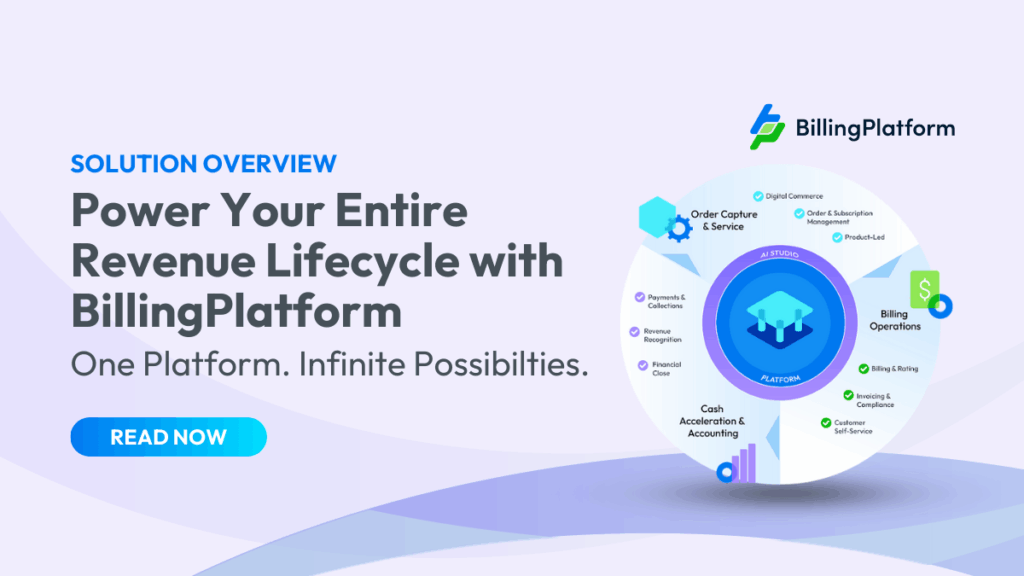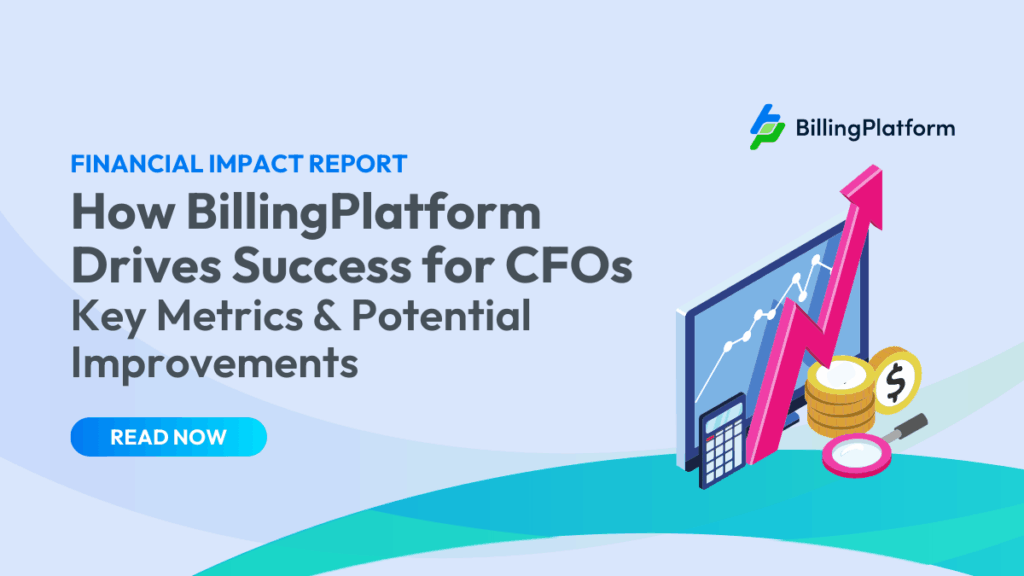Traditional Rating
Traditionally, rating is defined as a rate applied to a quantity or interval. A product can be rated as a metered quantity or a subscription fee applied to a period of time and several basic models such as pricing tiers and thresholds augment these basic components.
But what if your product doesn’t fit within the boundaries of a basic rating method or charging model? What if there are rules based on other dimensions such as account and product attributes, market price, or time of day? If the way you need to bill is unique, you may be tasked with seeking out a system that is hardwired to do what you do, building a solution yourself, or changing what you do to fit what can be found off the shelf.
But there is another, more palatable option, common to metadata-based applications like BillingPlatform. It’s called formula-based rating.
Formula-based Rating
Formula-based rating allows companies to charge based on any metric. Leveraging this method, you’re able to combine data about products, services, or environment with basic rating dimensions to support unique pricing rules, no matter how complex.
Example 1:
Conditionally apply a 10% discount if a product or service is used in off-peak hours or charge a premium during peak hours.
Example 2:
Calculate a penalty fee for late rental returns based on number of days late * overall rental cost/contracted days.
Example 3:
For quarterly billing with a mix of products, including monthly subscriptions, if the end date of a subscription falls within the quarterly date range, use the standard charge, otherwise add the prorated amount of the monthly subscription divided by the number of days between the start of the subscription cycle and the end of the quarter.
With a metadata platform, all of this can be accomplished within minutes without writing any code; just point and click to reference the desired data elements and add simple formula syntax. True scalability can only be achieved by exposing access to all data elements in the system that can conceivably be related to the rating process through a metadata framework. This makes any component of your app quickly accessible to custom pricing algorithms and configurable by the business’s product and pricing experts directly.
Benefit
This simple yet powerful configurability allows companies to create new products via diversified pricing and bundling options virtually on the fly. It reduces the time-to-market for each new product or service and supports a broader creative landscape for product development. This ultimately enables companies to be more agile and competitive with their products and pricing by reducing the overhead and time spent developing and installing add-ons or middleware that may complicate the established eco-system and cause inefficiencies and slowness in the overall rating and billing processes.



